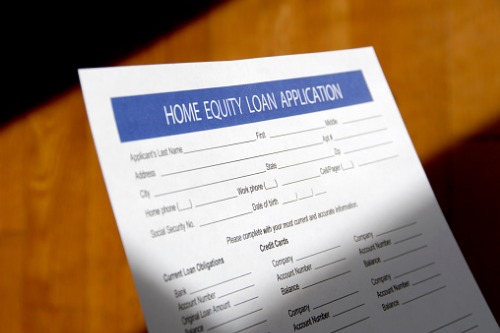Even after the coronavirus pandemic, banks and consumers may struggle under a harsher fiscal environment

Canadian banks will likely restrict home equity lines of credit once the government’s COVID-19 subsidy programs end, according to an industry observer.
“HELOCs, in some ways, have the potential to magnify risk on banks’ balance sheets, because in times of stress, people want to draw on them,” said Ben Rabidoux, president of North Cove Advisors.
Amid the unprecedented economic impact of the coronavirus outbreak, many households – particularly those with seniors – have relied on such products to augment their flagging purchasing power.
Rabidoux said that this trend is likely to intensify over the next few months, especially if unemployment levels remain high despite the economy’s expected restart after the crisis.
“If [federal aid] runs out before we see a return to prior employment levels, we would see people draw down on HELOCs. Maybe that’s what forces the banks to rethink that exposure,” Rabidoux said.
Writing for BNN Bloomberg, finance columnist Dale Jackson recently said that the current pandemic definitely qualifies as an emergency that necessitates borrowing from a HELOC, especially considering the severe economic impact of the outbreak.
“HELOC rates, like most variable-rate loans, are tied to the prime interest rate,” Jackson said. “Banks are flush with cash right now and most have offered to work with customers who have been negatively affected by the pandemic fallout through measures such as mortgage deferrals.”



